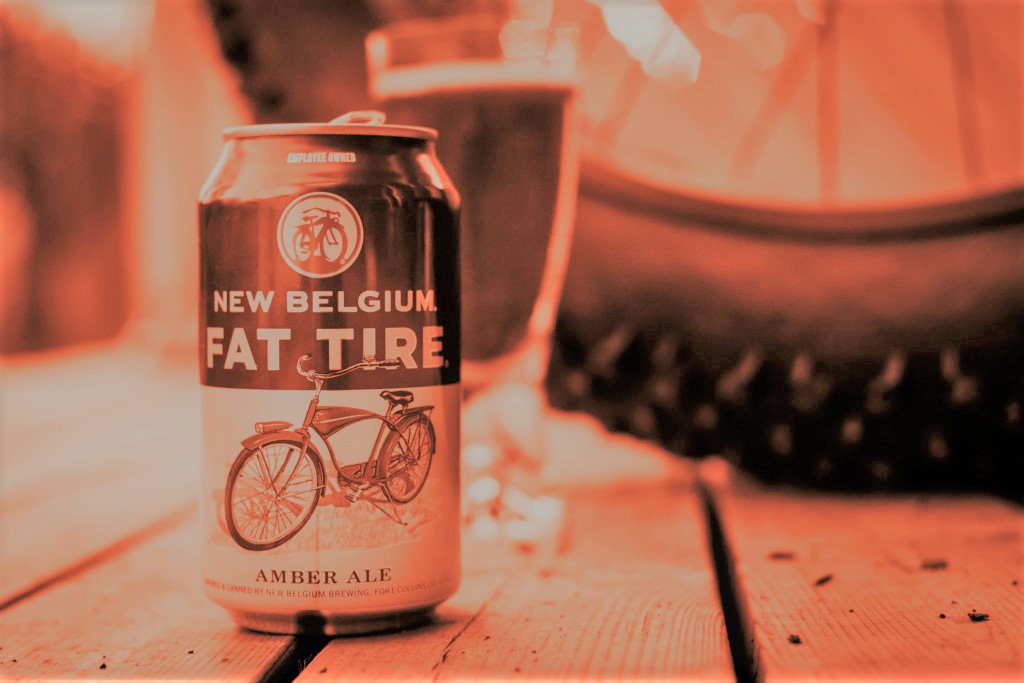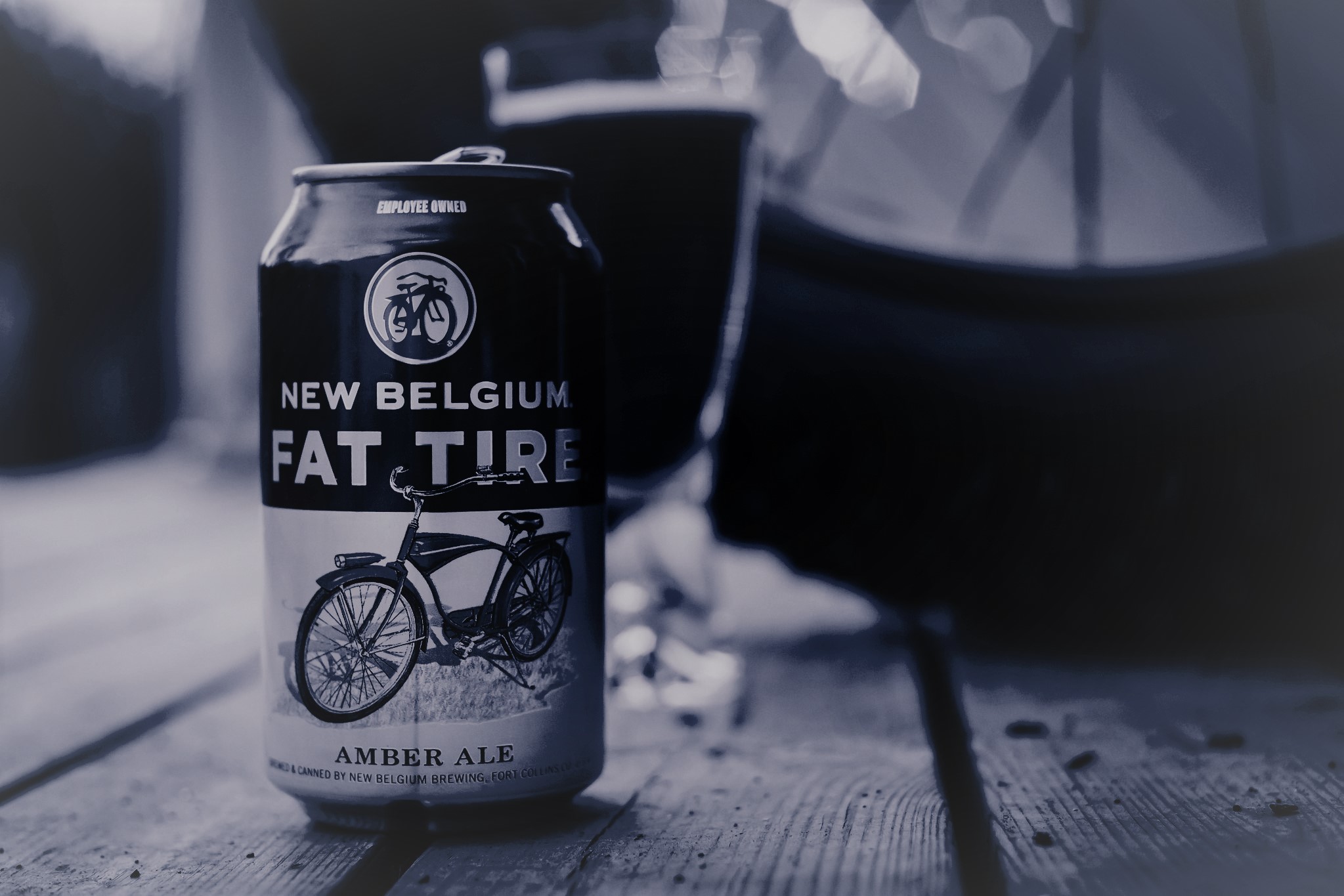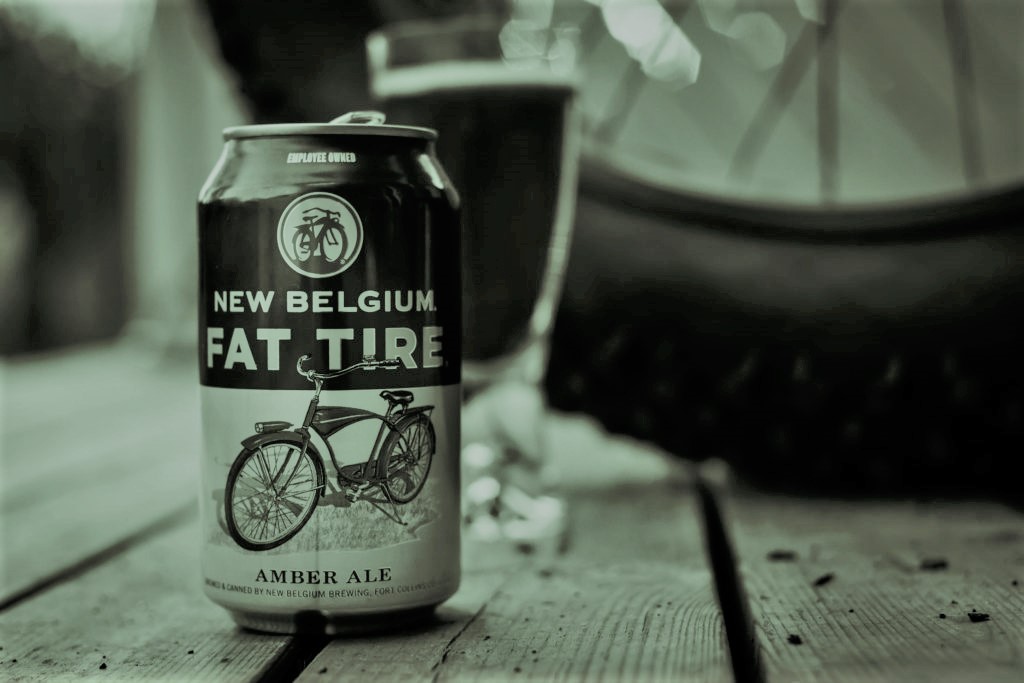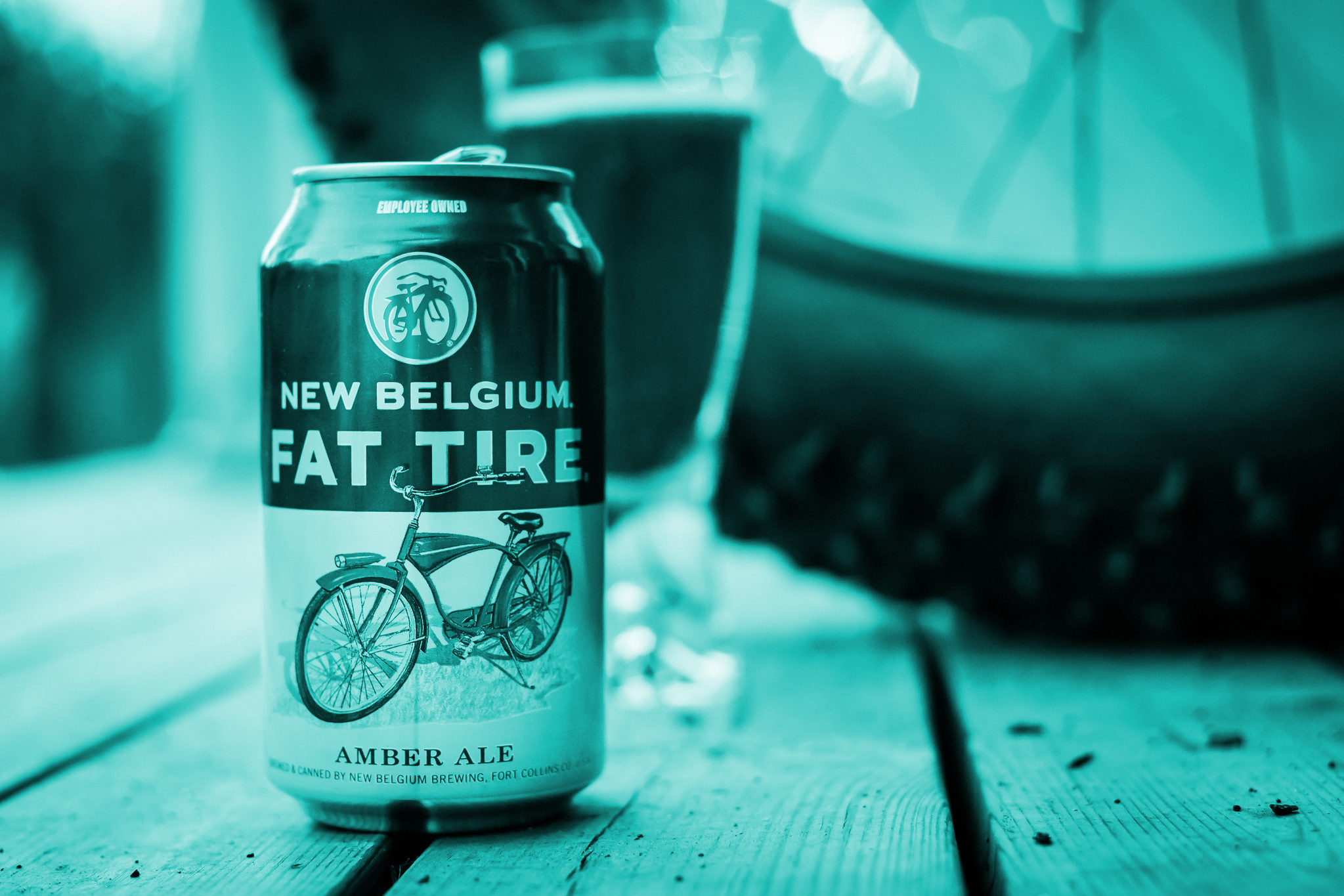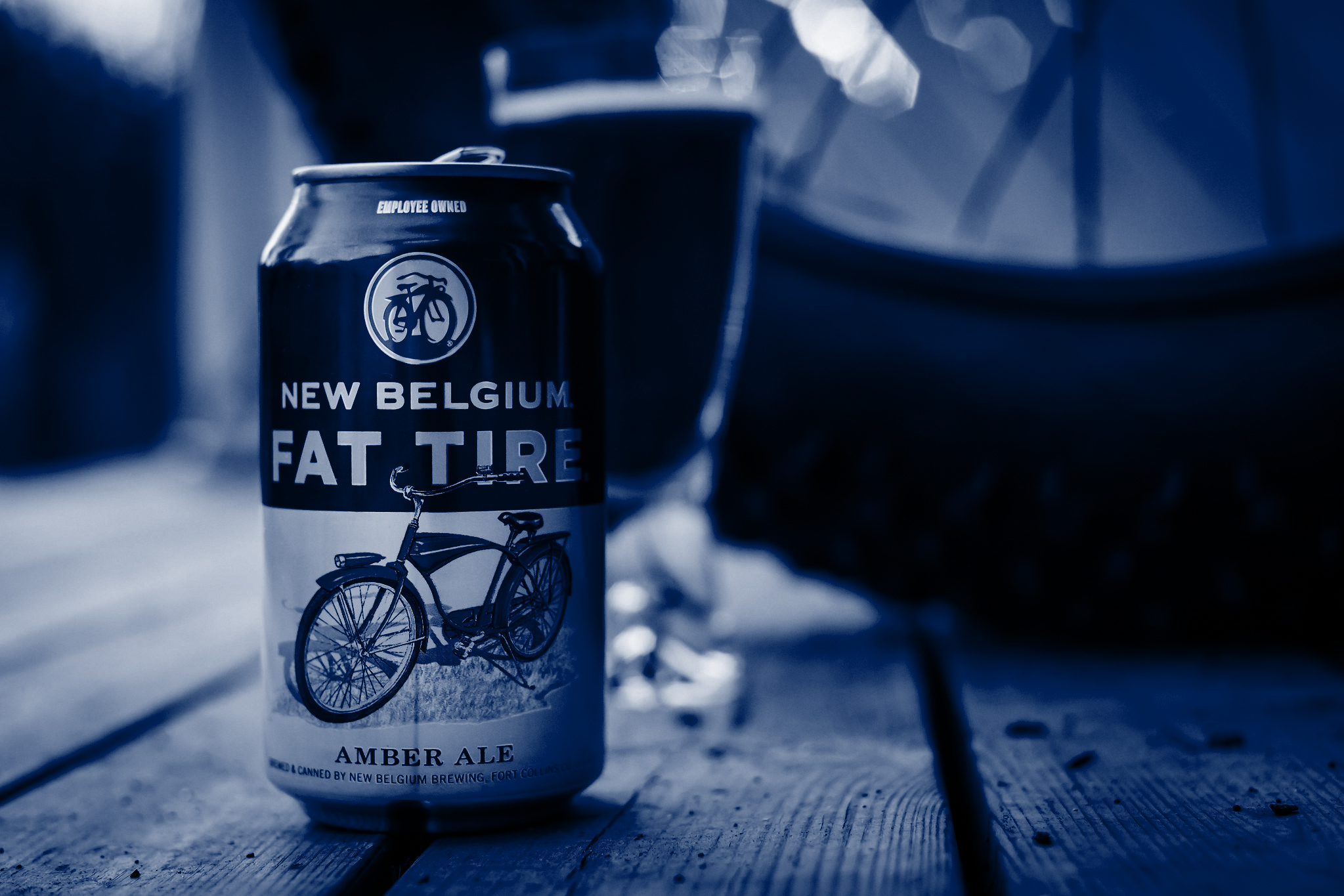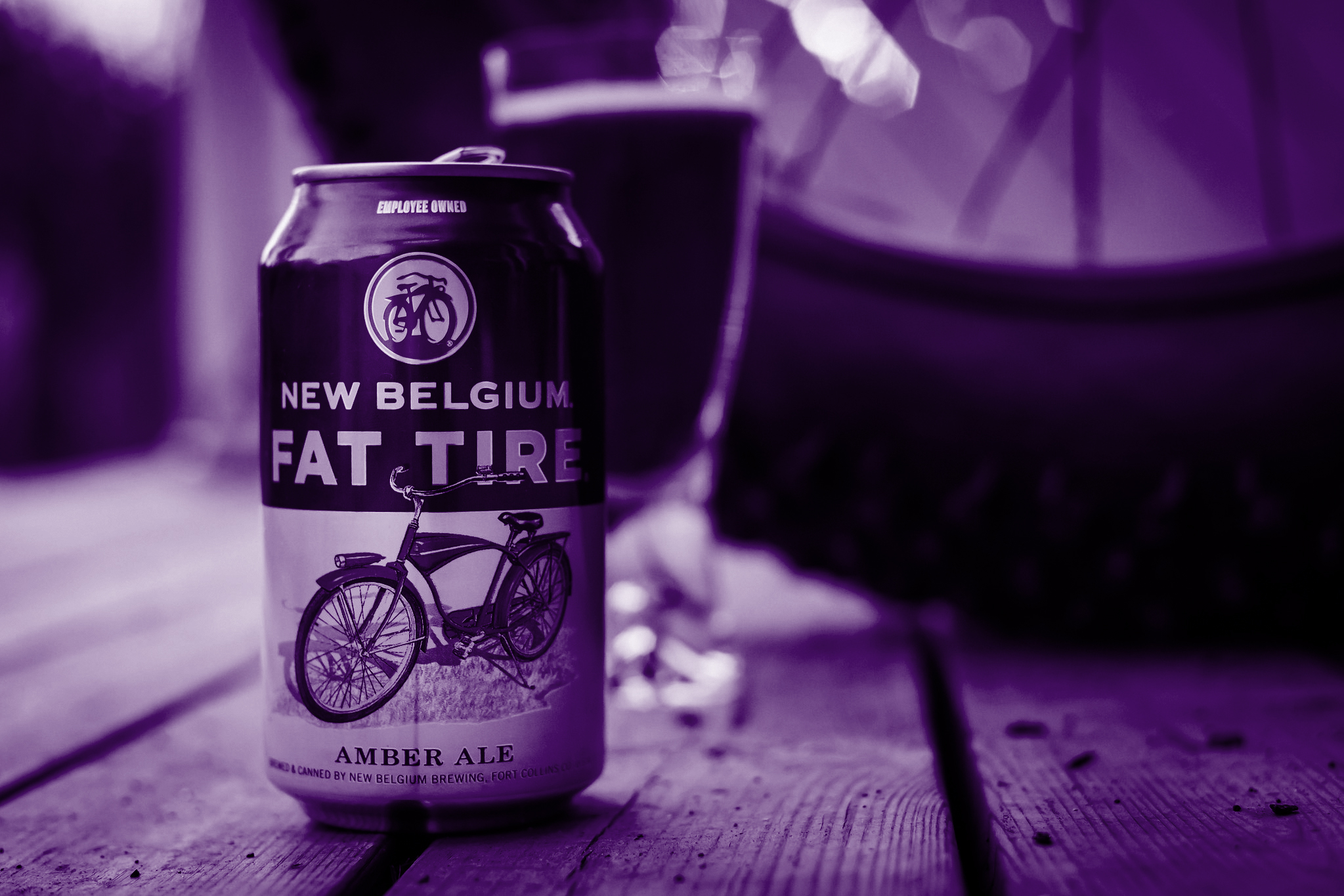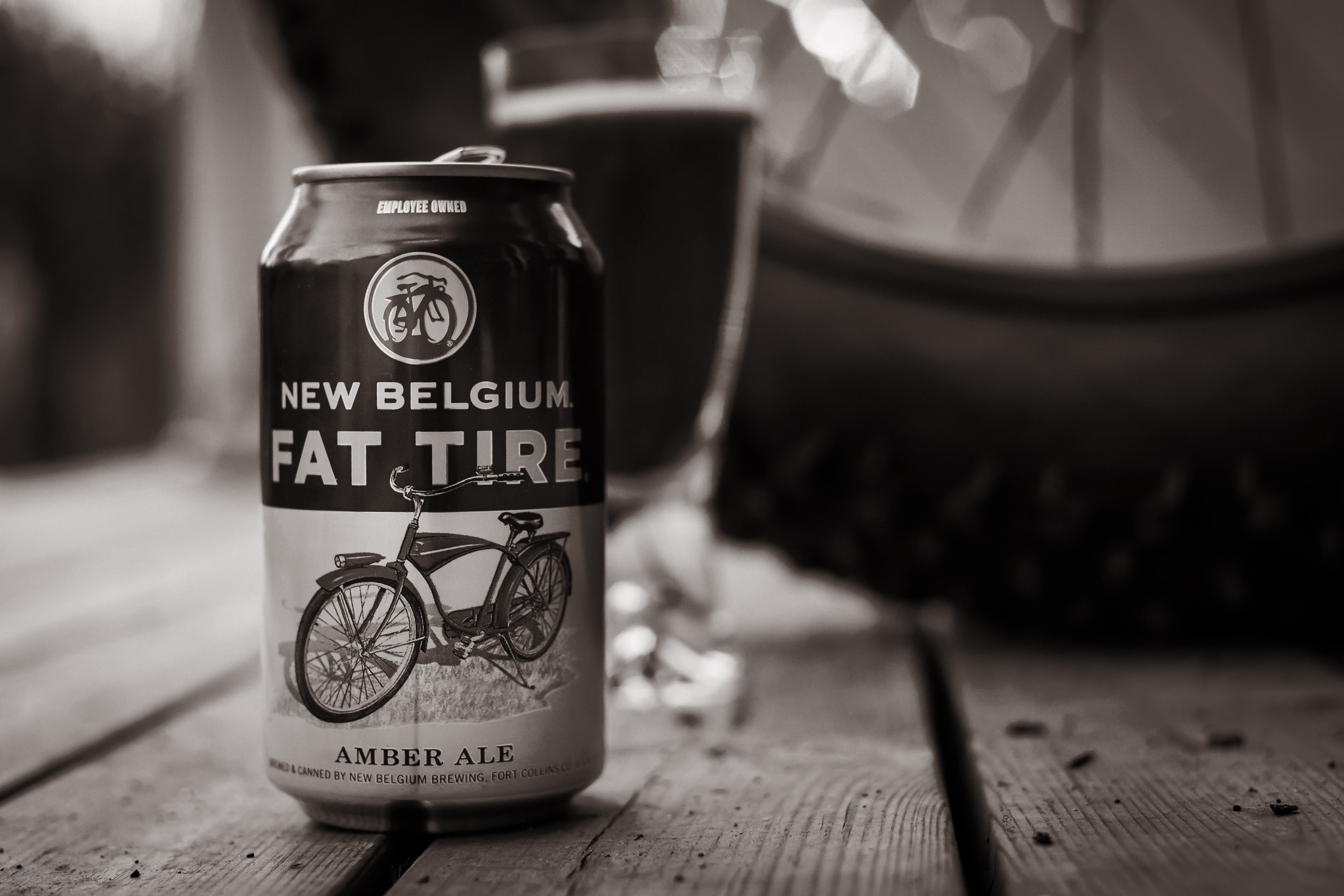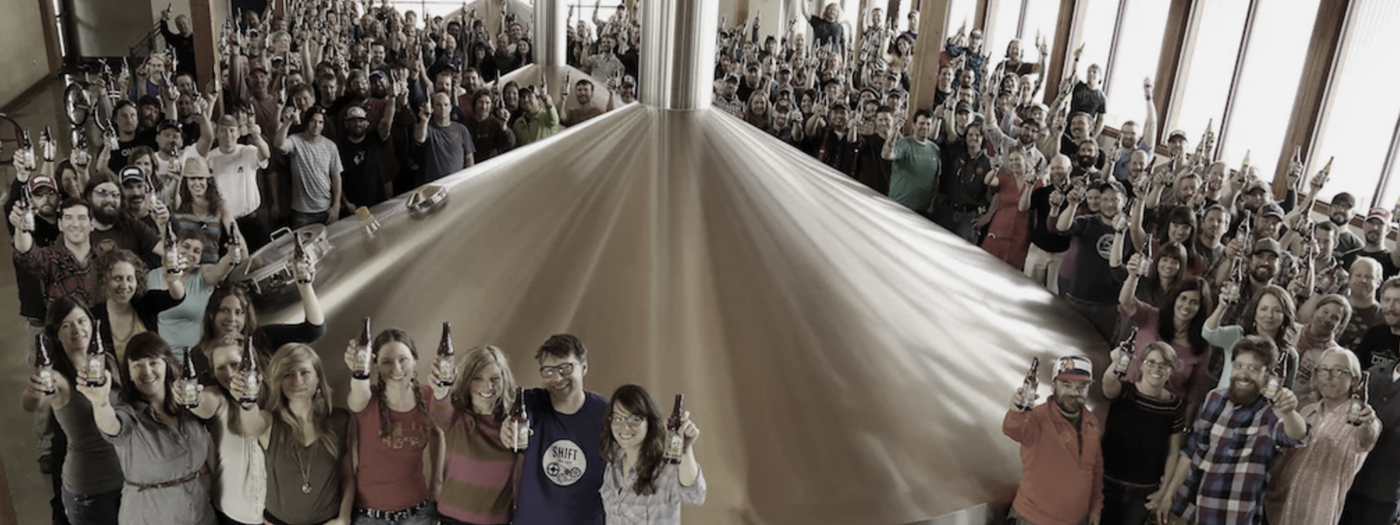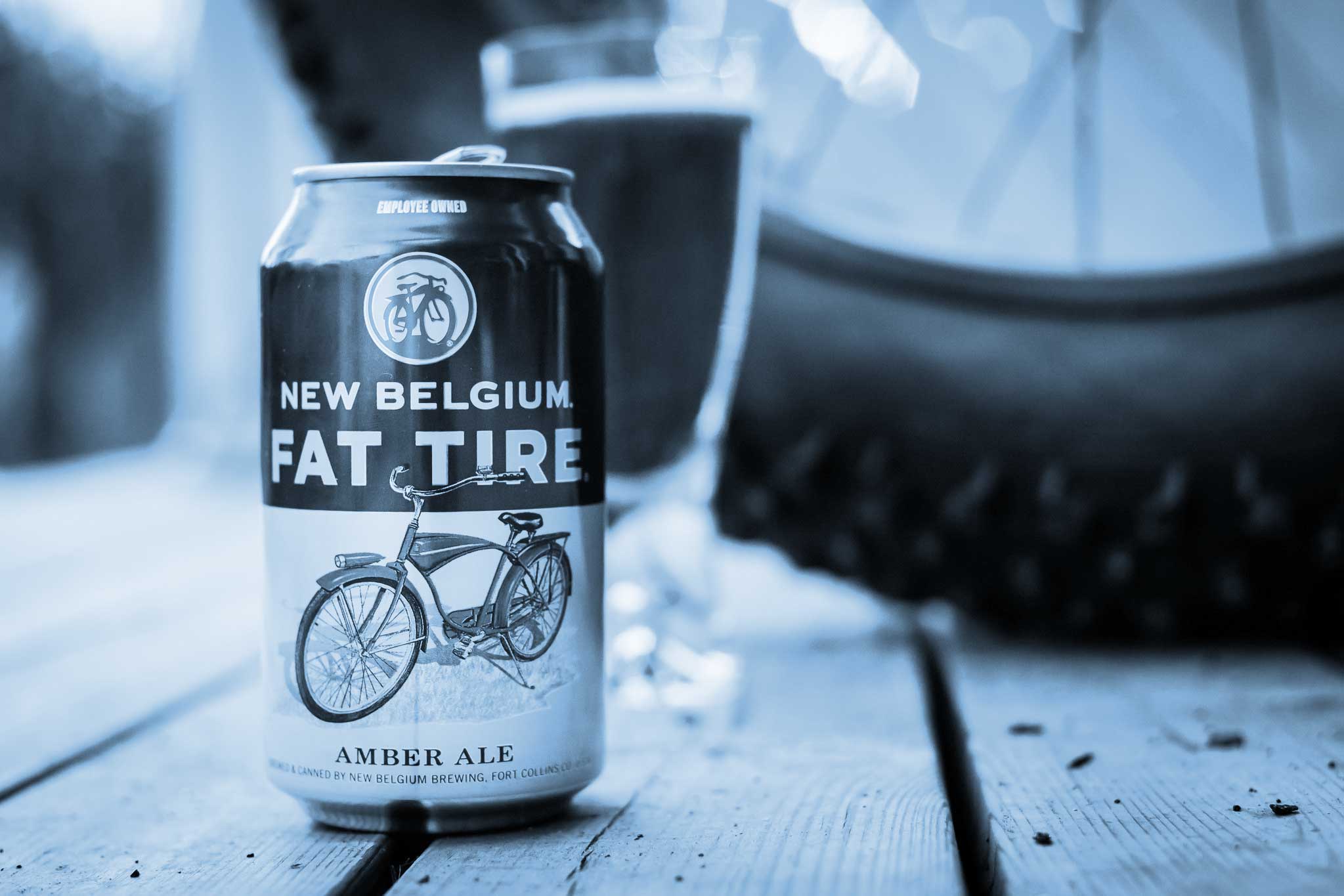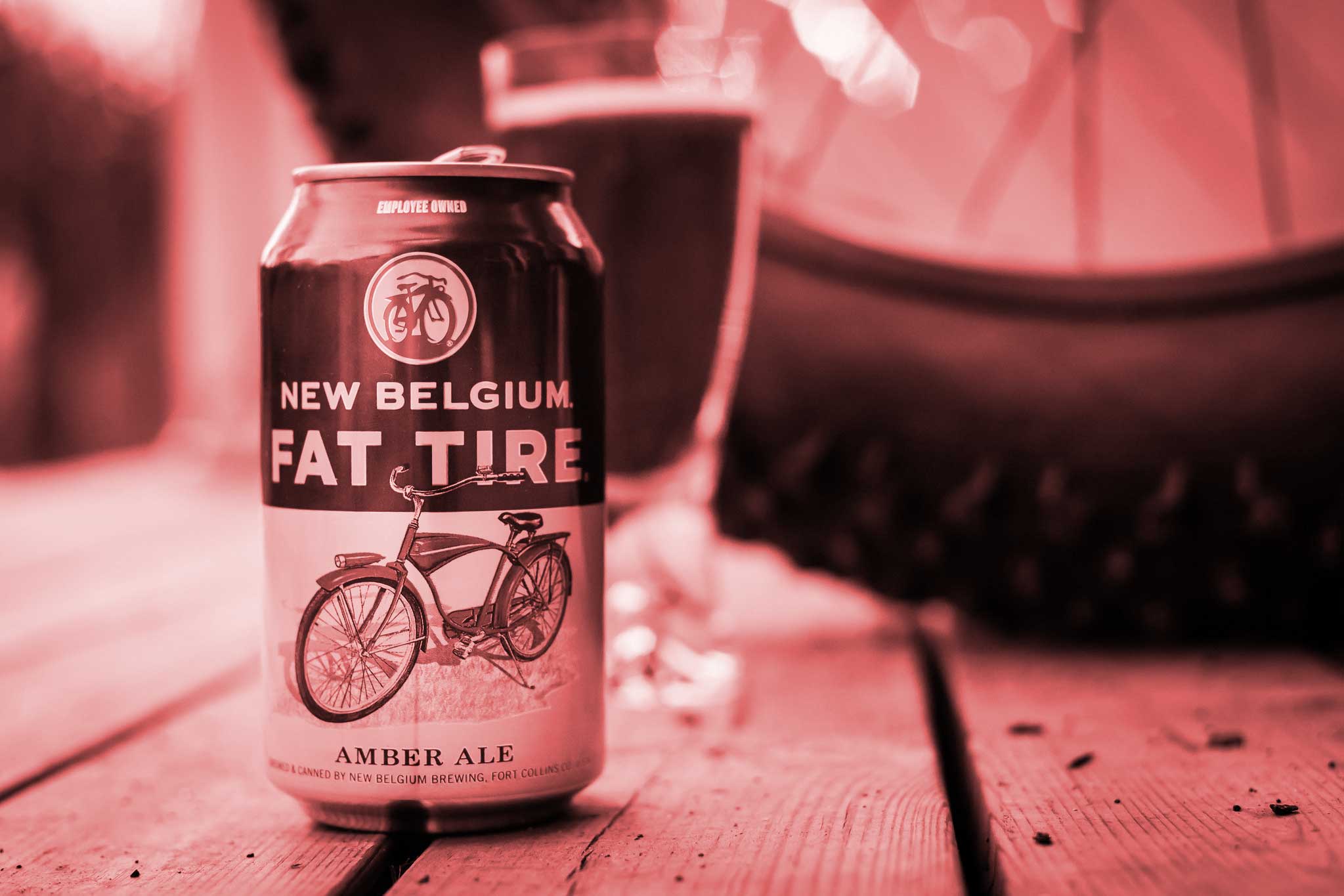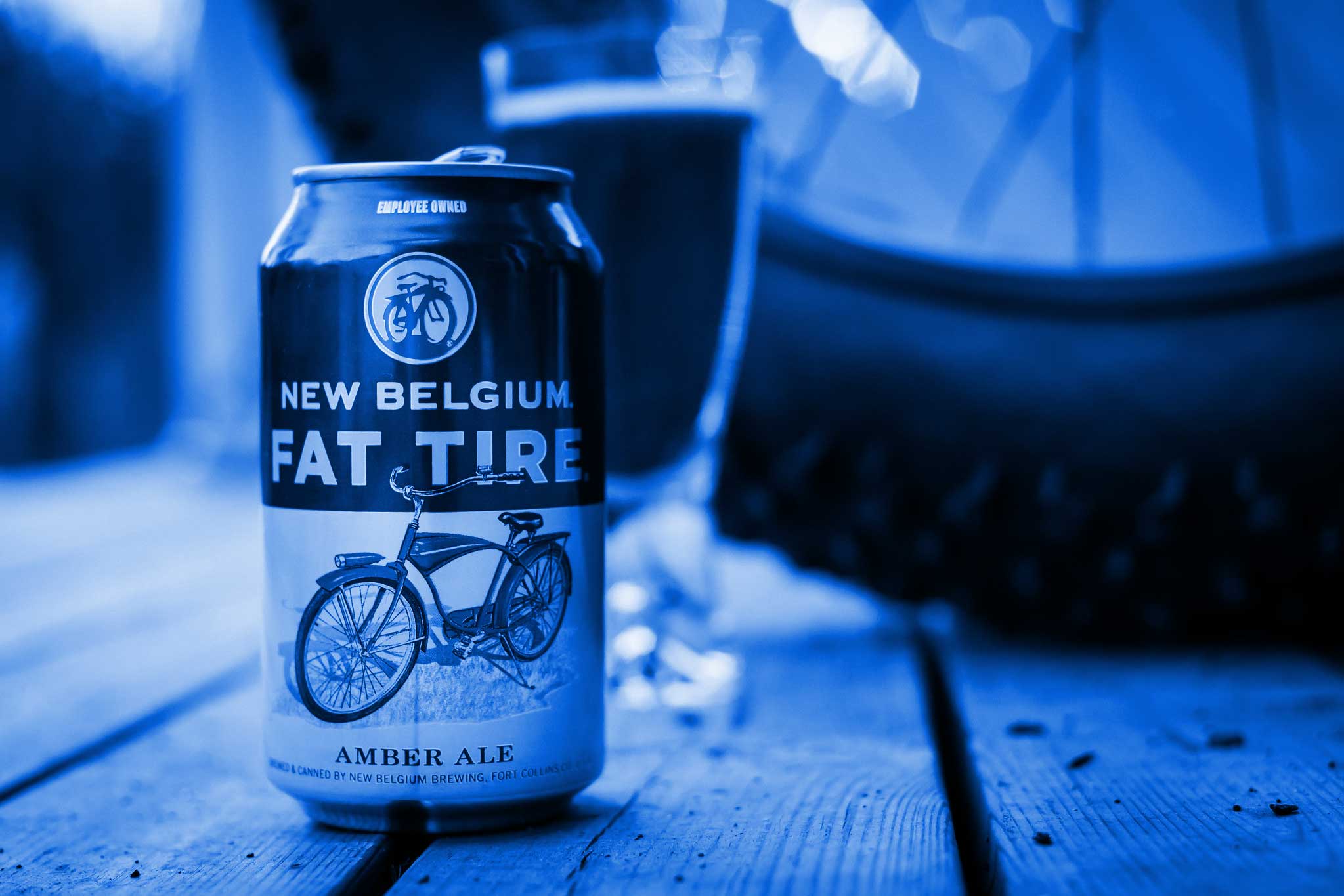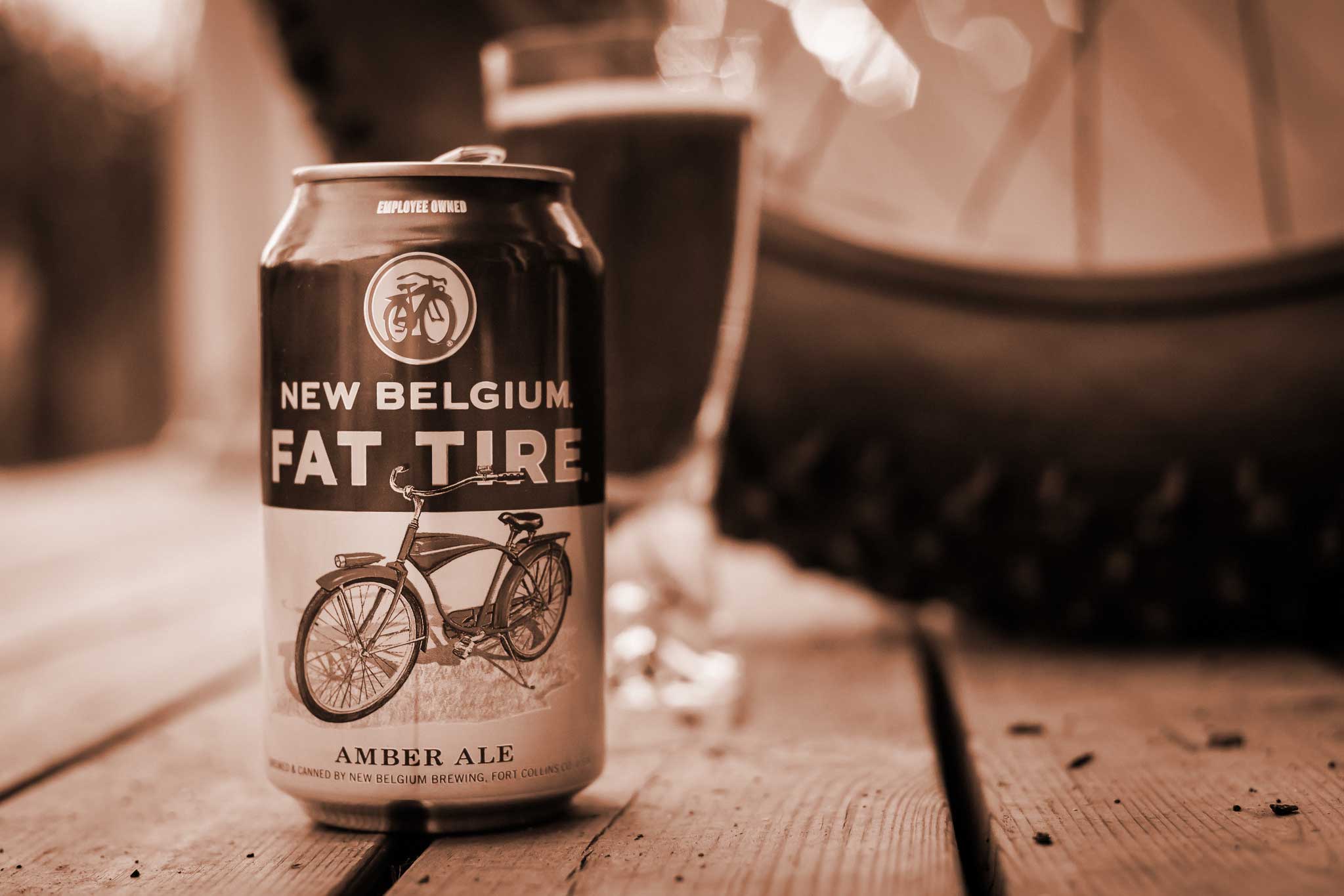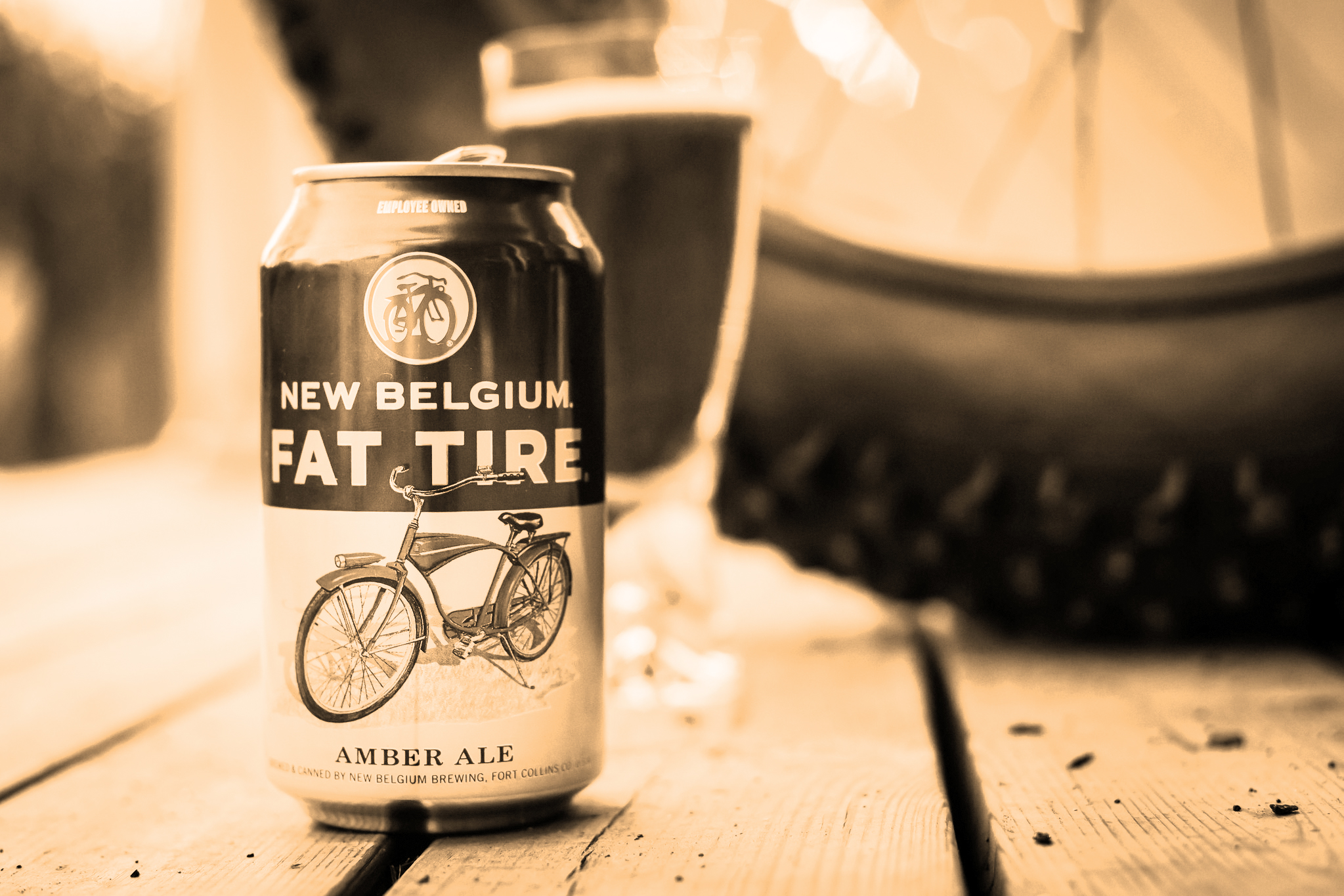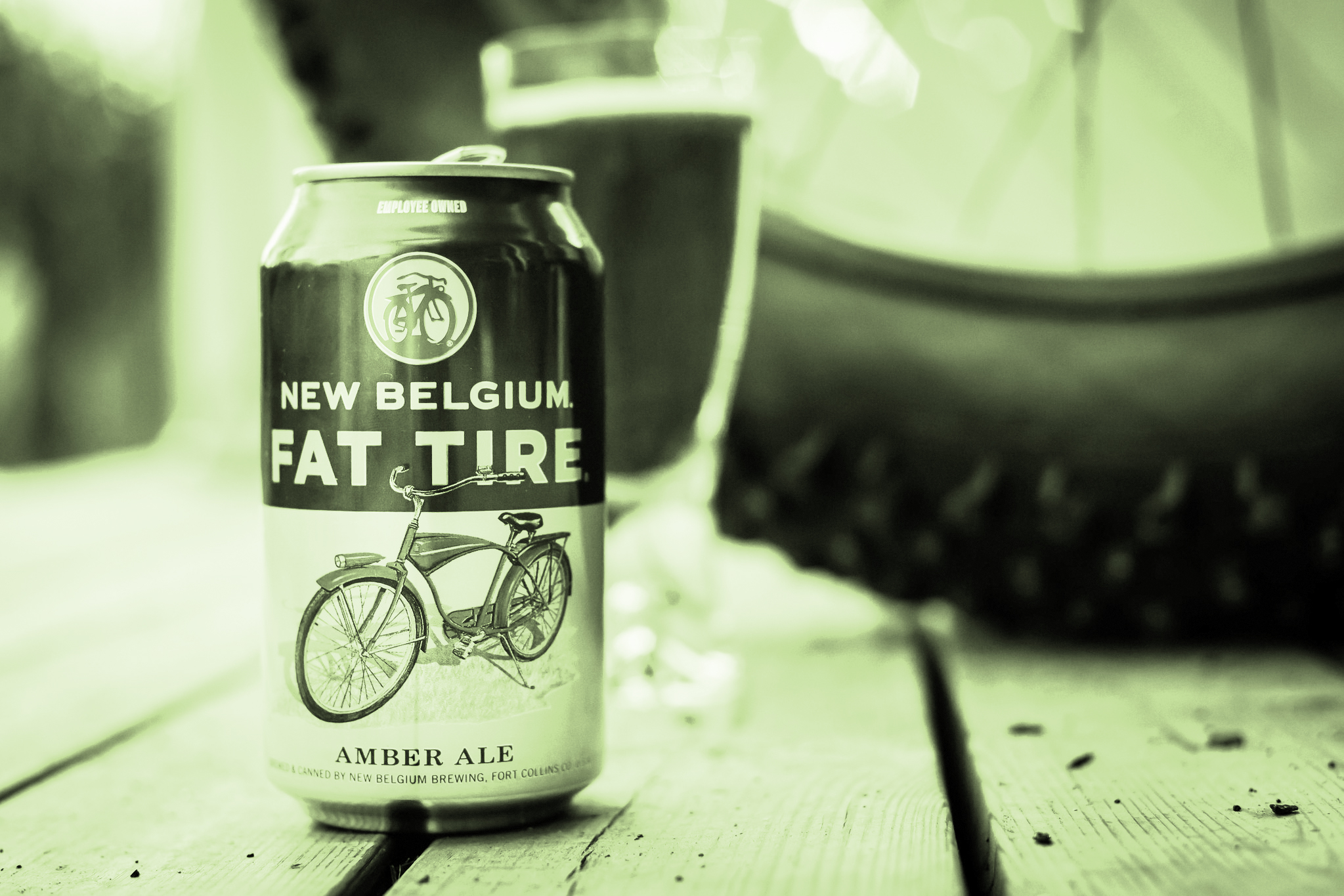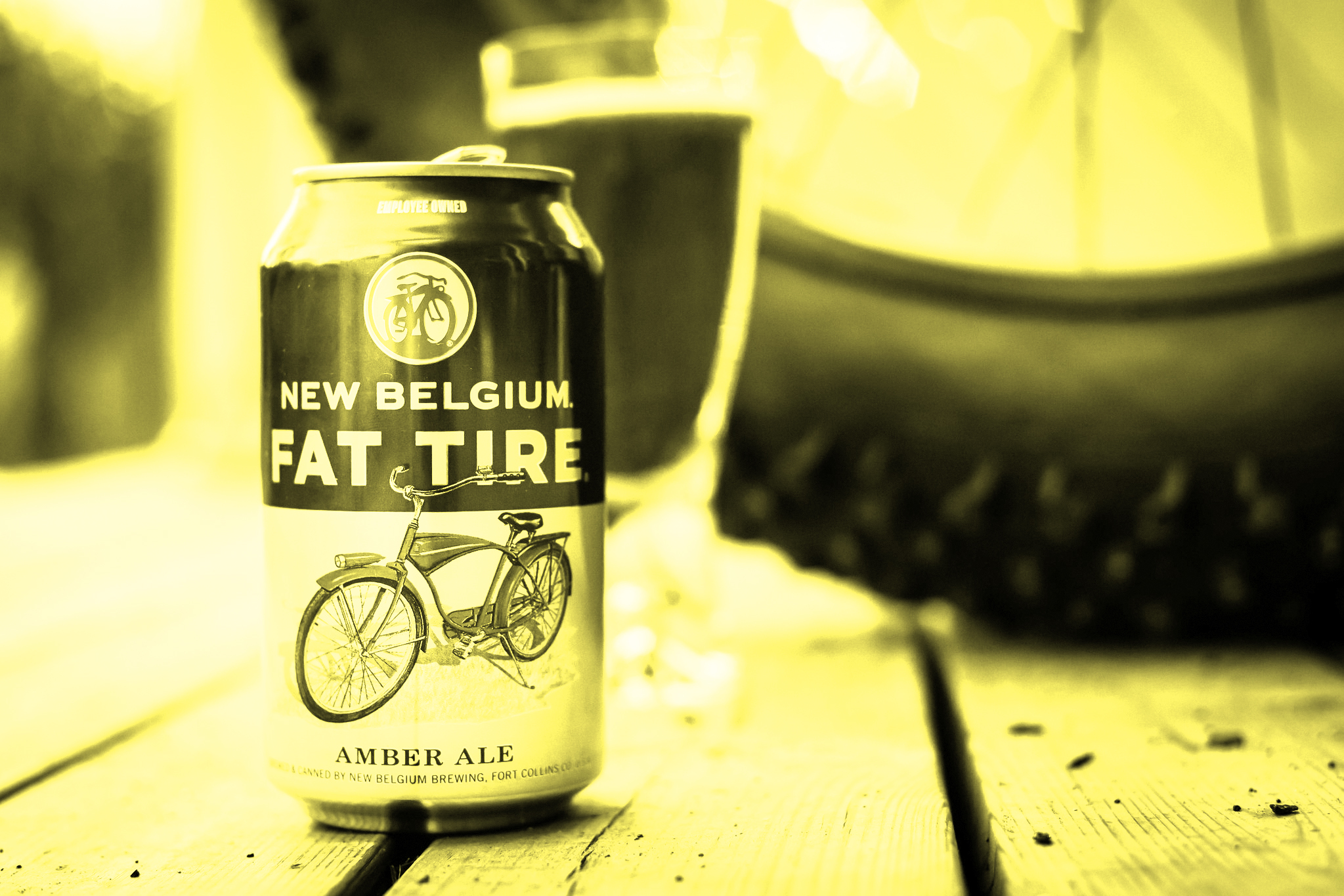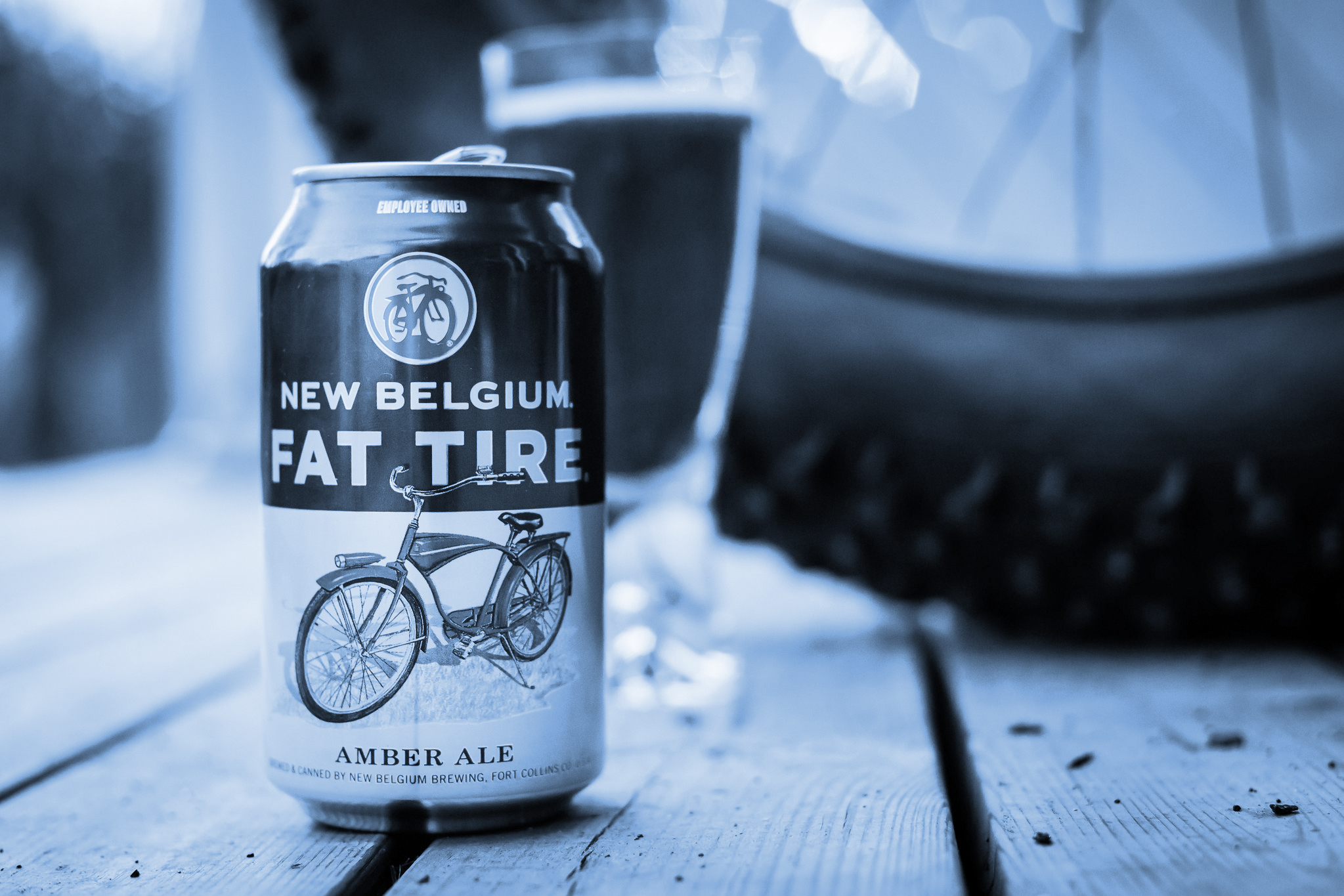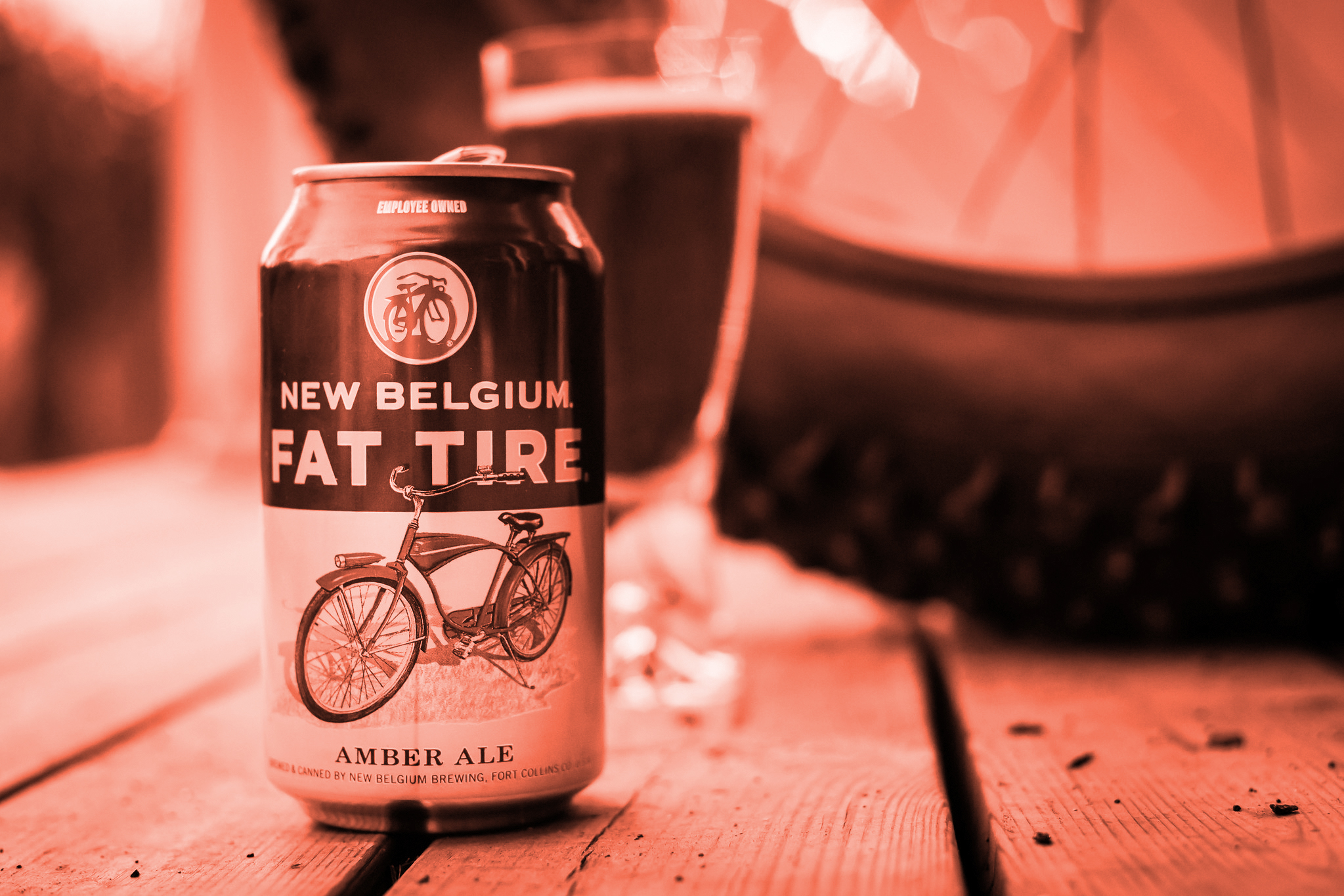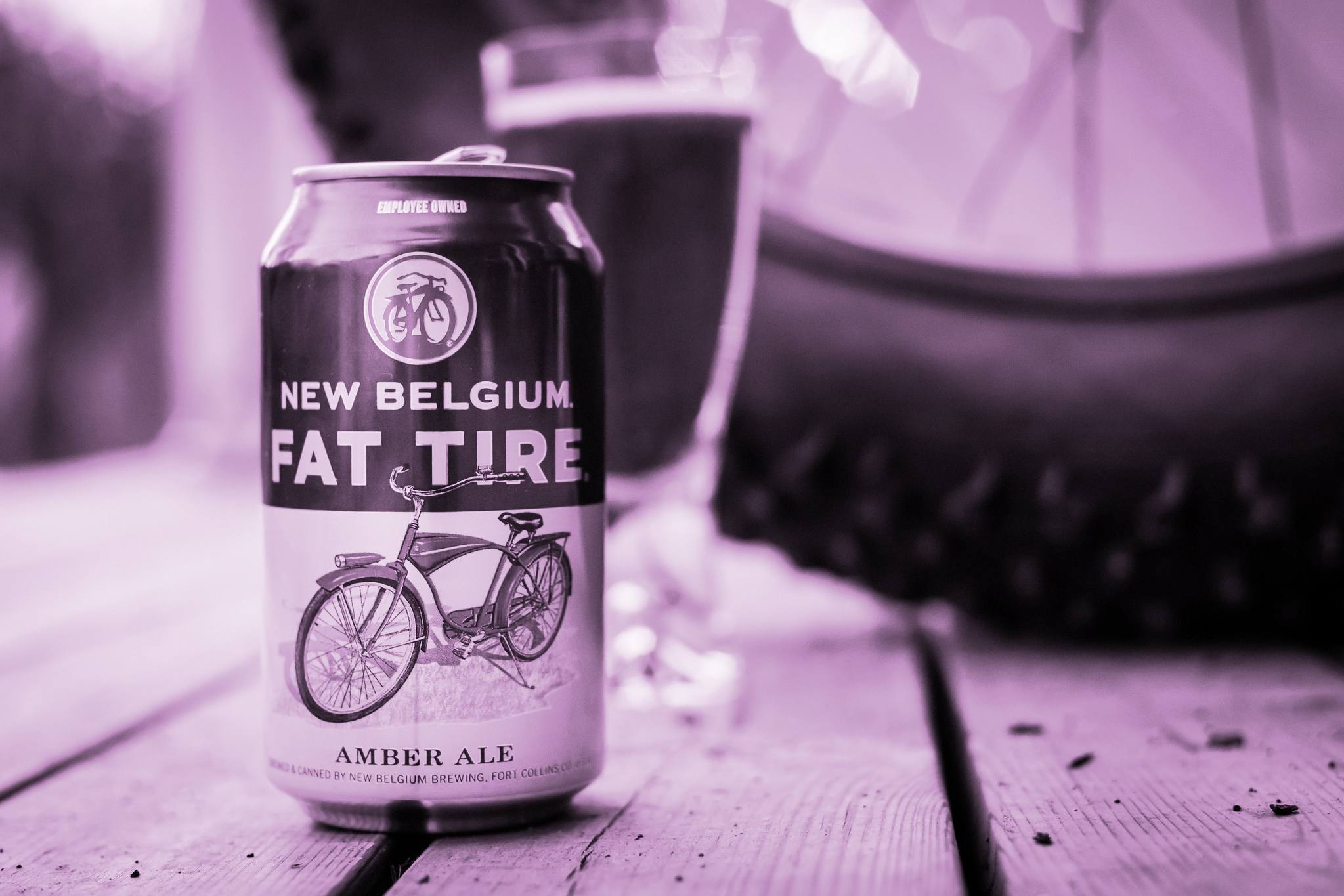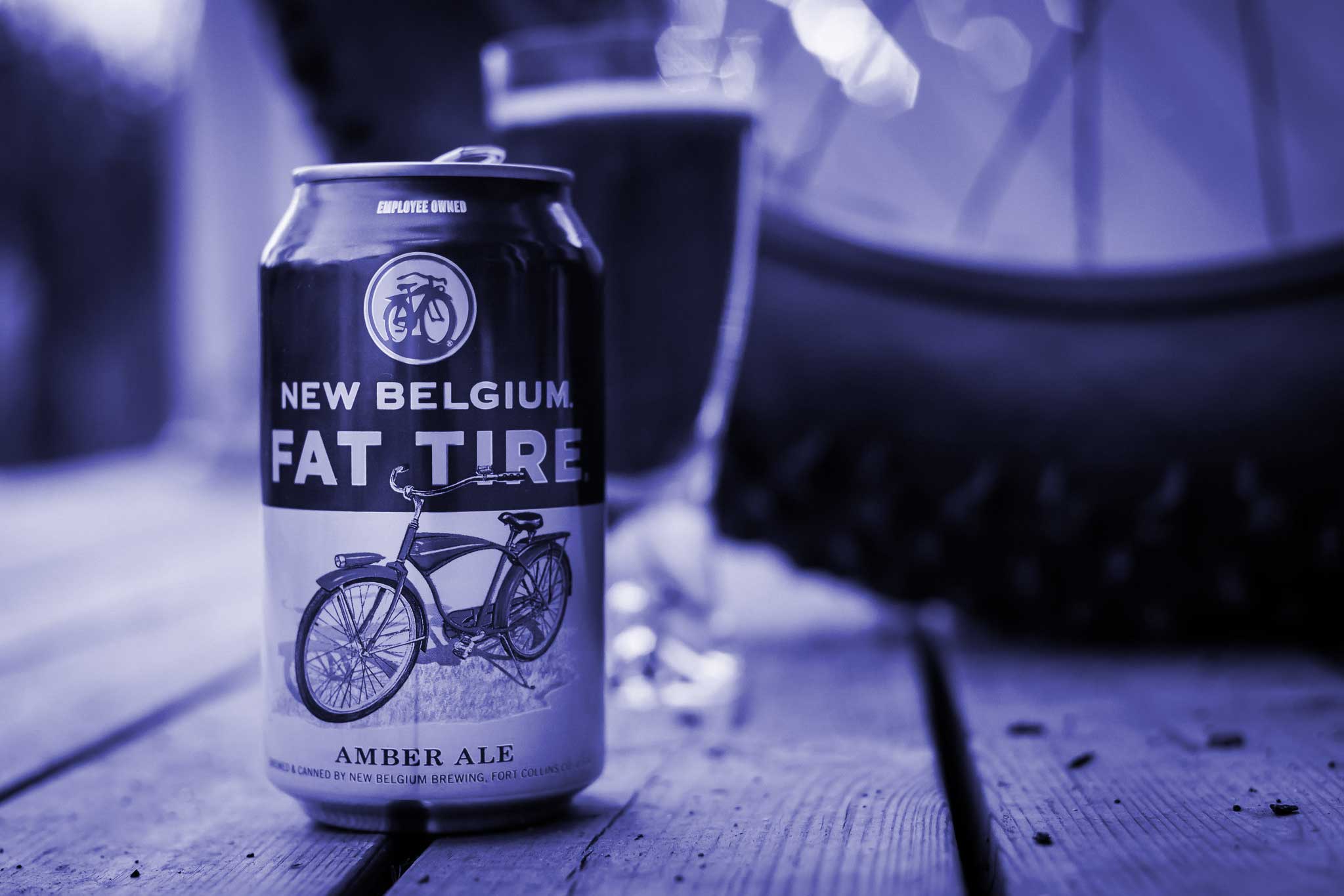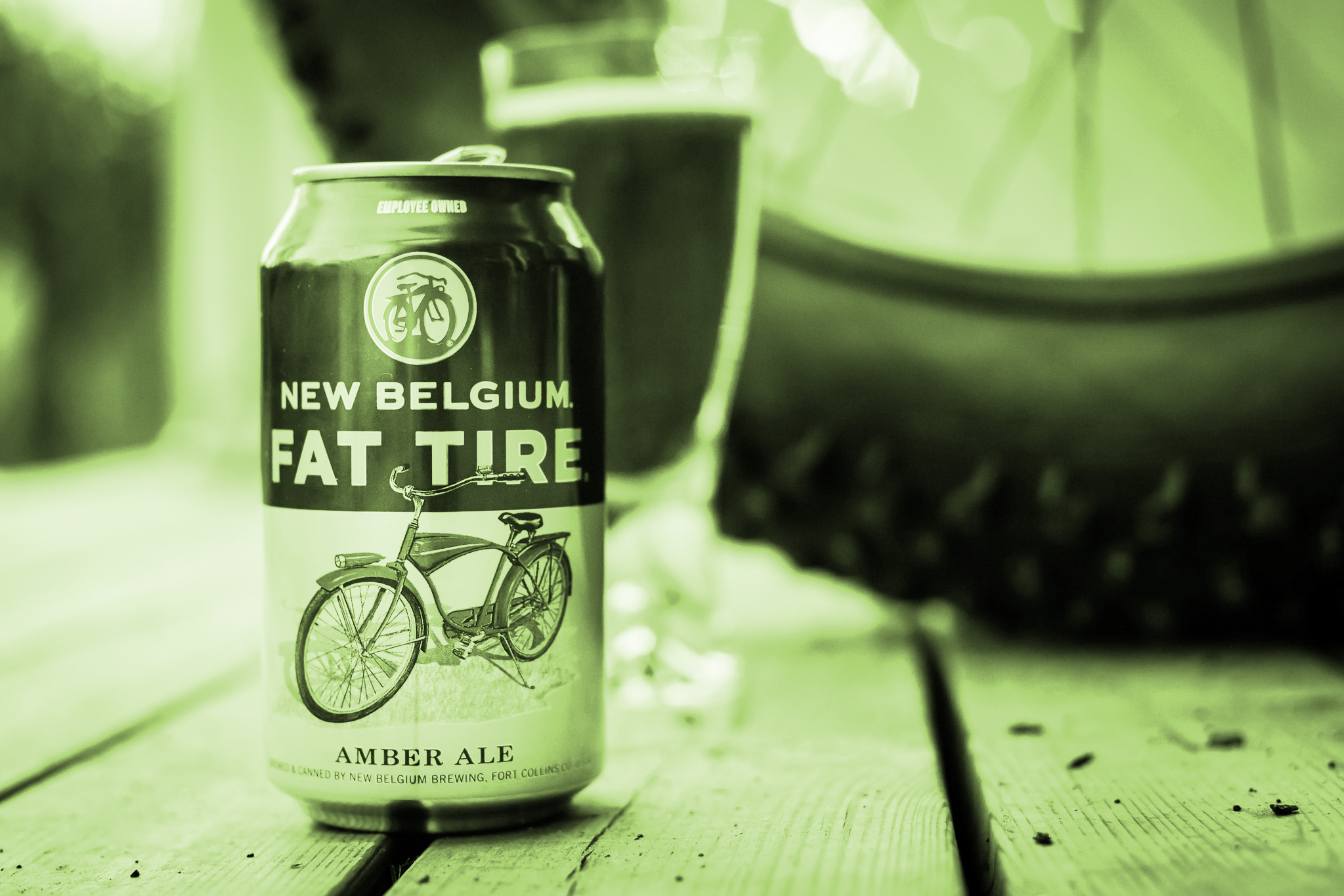New Belgium Brewing has a rich history of unconventional thinking. Started as a values-centered business, it was always about more than traditional financial success; what mattered was what the company would stand for. It was this simple and profound wisdom that set the stage to build an amazing company.
One of several things that set New Belgium apart as a craft brewing leader was our collective desire to win. Being on the winning team is fun. Yes, we had the good fortune to ride the emerging beer-drinking counter culture in search of something different. But we also created a culture of distinction, and that made us one of a few pacesetting companies.
Two keys to our breakout were how we defined winning and our community-focused culture. Creating community was front and center—with employees and as a brand for consumers and stakeholders. To build a strong community, we nurtured a common commitment to our purpose, mission, and values. We had an open-systems approach to management and leadership. And, we shared in the value we created. Most importantly, we all cared. There was care for our beer. Care for our consumers. Care for each other. Care for the environment.
The ESOP and our broadly distributed cash gain-sharing plans galvanized employees around success and enabled us to share in the proceeds that winning gave us. These plans were tools to facilitate both long- and short-term mindsets. With the collective long-term mindset, we were unafraid to invest in things that mattered, including living wages and business practices designed to protect the environment.
Was the ESOP part of our success? Absolutely. But an ESOP in and of itself doesn’t create a company like New Belgium. An ESOP, in its simplest form, is a retirement benefit and a capital structure. It supported ownership-swagger, pride, and accountability. It gave people a vehicle to bring attention to issues and ideas. It gave us some financial benefits in terms of tax structures. But it was the combination of the employee ownership mindset, broad-based business literacy, critical thinking—and attention to building a great culture—that catapulted us to the top.
Was the ESOP part of our success? Absolutely. But an ESOP in and of itself doesn’t create a company like New Belgium.
Will the change in ownership structure mean a change for New Belgium? An honest answer is likely yes and no. Ownership or capital control of a company does matter. In recent brewery acquisitions, the new parent companies have provided access to investment, distribution routes, and supply chains that smaller firms can’t access. But ownership transition is a vulnerable time for a company culture.
Great cultures take commitment and a passion for doing smart work and using tension as a source for improvement. It takes an executive team and a board of directors committed to business as a force for good and shareholder proximity, which brings this concept to life. It takes a continuous process of fresh ideas and a culture of responsibility.
The best leaders create conditions for an unconventional form of exceptional performance. But in the end, culture is fragile. It can be diluted if not tended. It takes intention and attention to build it moment by moment with trust, passion, and inclusion. There is no panacea, but like a great beer, there is a recipe for what becomes the character of the corporation. Cheers!
Jennifer Briggs is a contract executive and independent outside director supporting ESOP companies and ideas that reinvent the workplace. She is a partner in GRITT Business Coaching, an executive fellow with the Rutgers Institute for the Study of Employee Ownership and Profit Sharing, and a contributor to other inclusive capitalism advocacy organizations. Between 2004 and 2017, she was vice president of human resources and organizational development at New Belgium Brewing.
